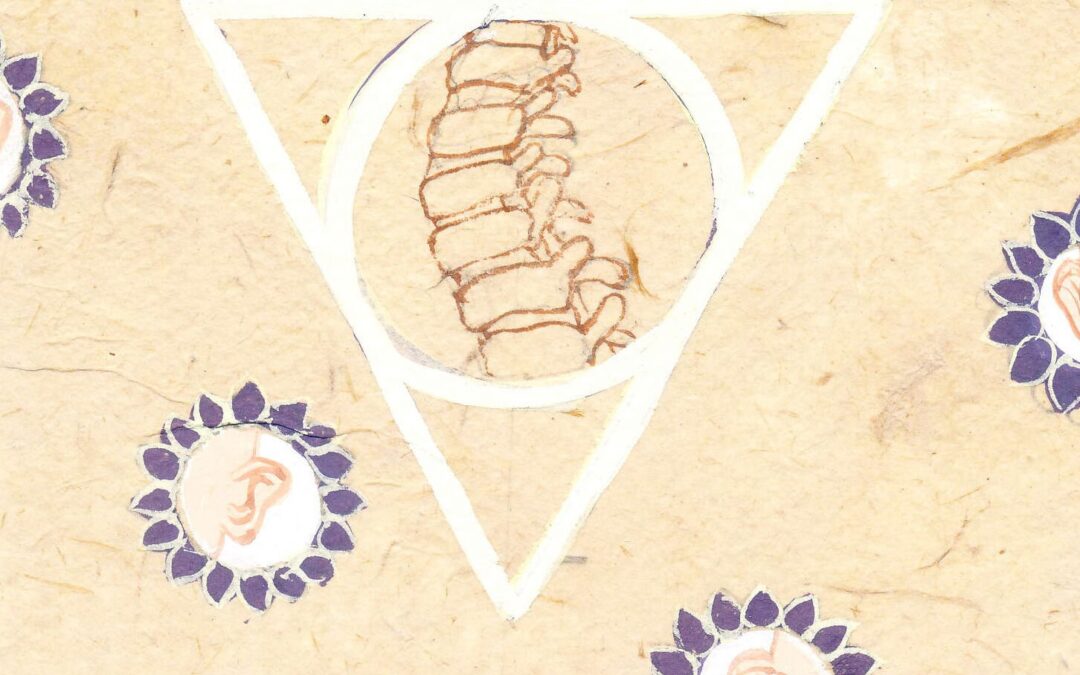Meaning world of progenitors where the four kumāras and other Ṛṣis reside. the plane of knowledge the place of the brahmavāda. the world of varuna the face of the virāta purusha.
Interpretation “Jana loka –World of progenitors, World of men”(plane of the progenitors of the human race). Jana-loka is the residence of the Ṛṣis and demigods during the night of Brahmā, and is termed “jana” because the patriarchs are the progenitors of mankind. The Kāṣị Khaṅḍa describes Sanandana and the other ascetic sons of Brahmā, and yogis like themselves peopling the newly created prithvi. This is also the dwelling place where the Ṛṣis (seers) discuss and debate aspects of knowledge. This plane on the game board is bounded by gyān and suvidyā at it’s ends. Many interesting discussions between the Ṛṣis dwelling here have been recorded in the Bhāgvatam, as well as other Purānic texts. This is also the plane of divine wisdom. Only after the mind has been calmed (mahaloka), is it conditioned to be initiated into divine wisdom. The wisdom beyond the self, that which inspires parmārth (actions with the highest benefit to all) resides here. 6 places ahead lies the knowledge of our psychic energies, however, the player must be careful engaging in ignorance of the self, if she succumbs, she will fall to the lowest level.
Story The Bhāgavata Purāna narrates the visit of the four Kumāras to the court of King Prithu, the first sovereign in Hindu mythology. The king worships the sages and asked them about the way of emancipation (moksha) that can be followed by all people who are caught in the web of worldly things.
Sanat-kumara tells the king that Vishnu is the refuge to all and grants liberation of the cycle of births and rebirths. His worship frees one from material desires and lust. One should be freed from material objects, live a simple life of non-violence and devotion to Vishnu and follow the teachings of a good guru and undergo Self-realization. One should realize that all living things are forms of God. Without devotion and knowledge, humans are incomplete. Out of four purushārthas (goals of life), only moksha is eternal, while religious duty (dharma),wealth (artha)andpleasure (kāma) decay with this life.
While all beings are subject to destruction, the soul and God in our bodies is eternal. So it is paramount that one surrenders to God (as Vishnu or Krishna), said Sanat-kumara ending his counsel. Prithu worships the Kumaras again, who bless him.
On the game board In Indian Vedic, the term janaloka refers to the 14th and highest of the 14 worlds in Hindu cosmology. It is the realm of the gods, where they live in eternal bliss.
The term janaloka is derived from the Sanskrit words jana, meaning people, and loka, meaning world. It is sometimes translated as the world of people or the world of the gods. In the game of Ludo, the square representing janaloka is often marked with a picture of a lotus flower, which is a symbol of purity and enlightenment.
The concept of janaloka is a reminder that the goal of life is not simply to win the game of Ludo, but to achieve liberation from the cycle of reincarnation and attain moksha.

The meaning here is stated as anger, but i see no reference to how anger is an aspect of Jana Loka. Is this an error?
hi miguel,
sorry for the late response. this was an error. have corrected. thank you for the feedback, really appreciate your taking the time to ask.
good
what a fine game, nice grafics